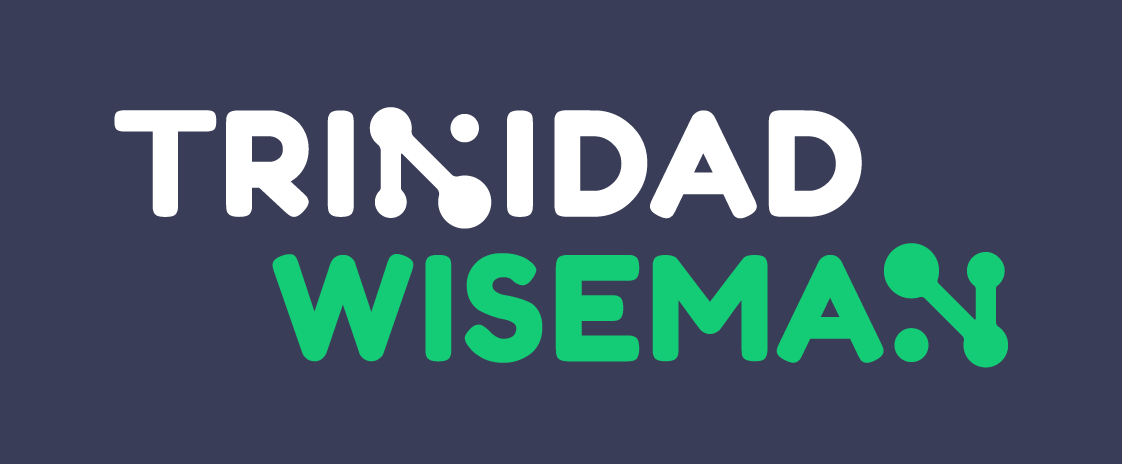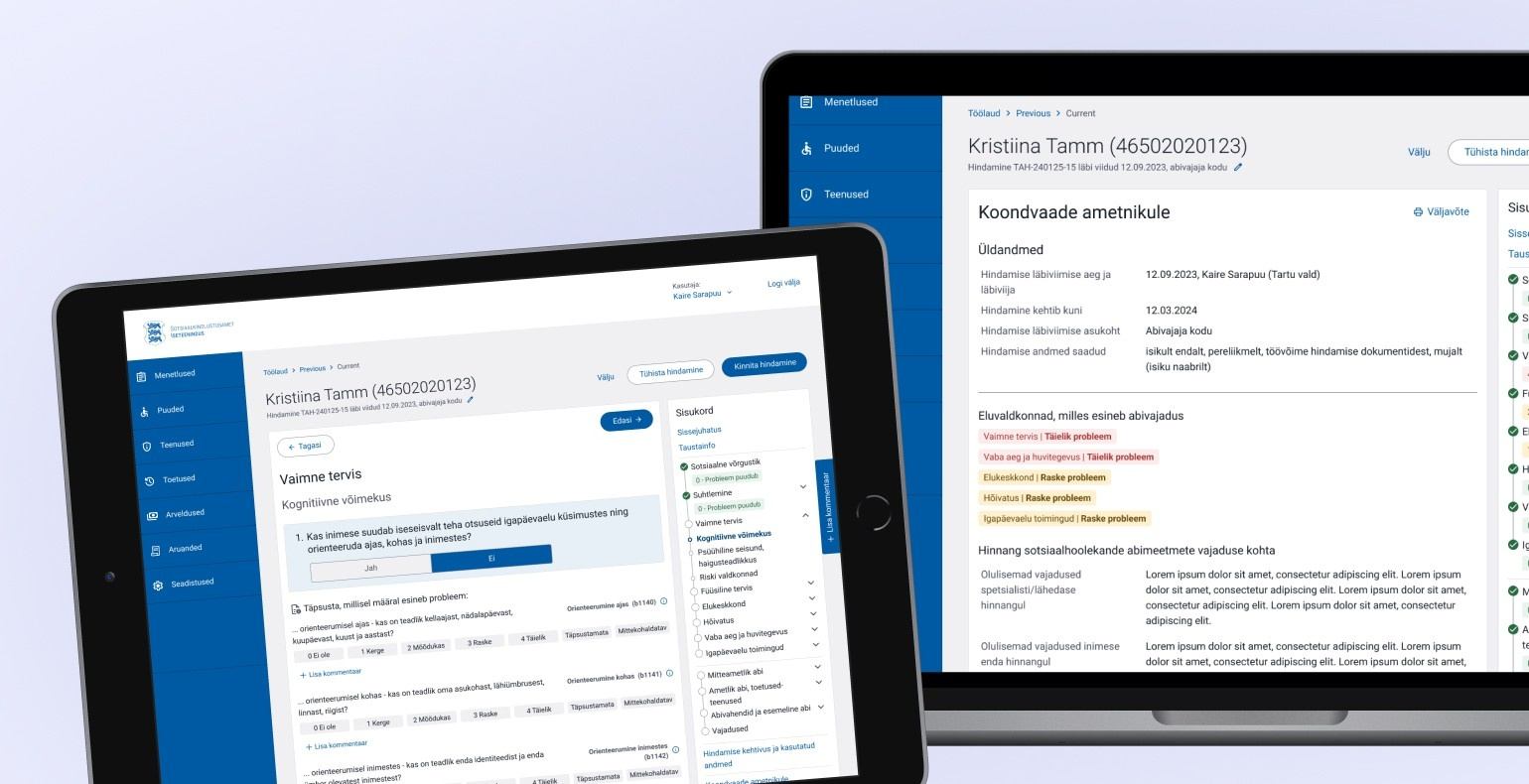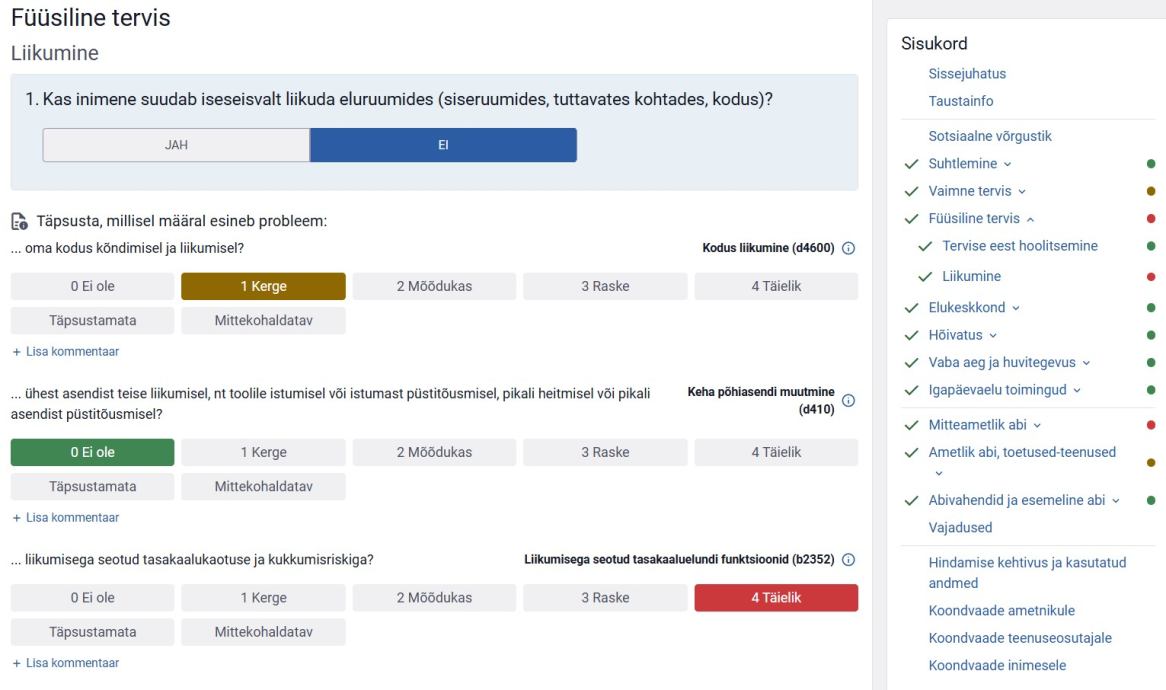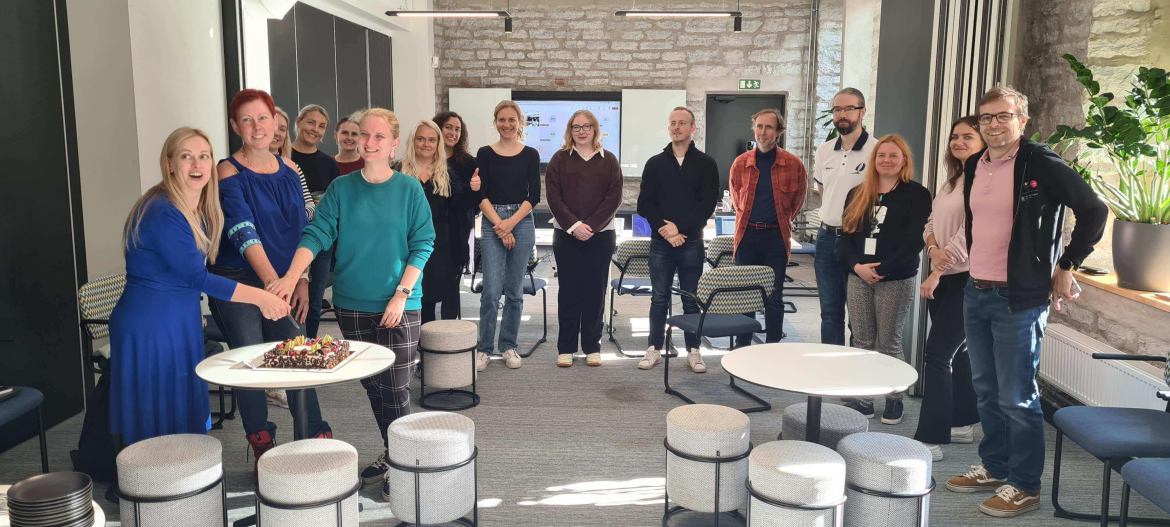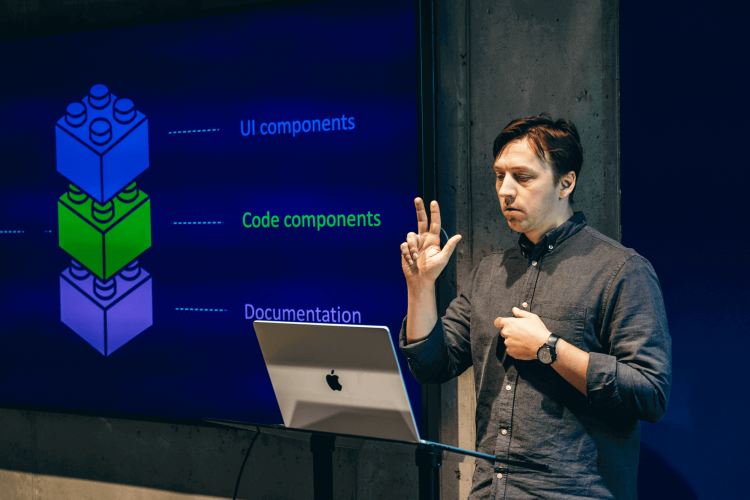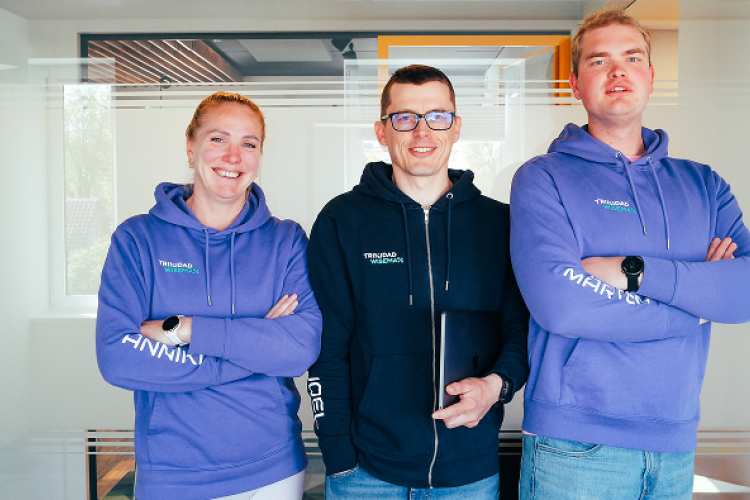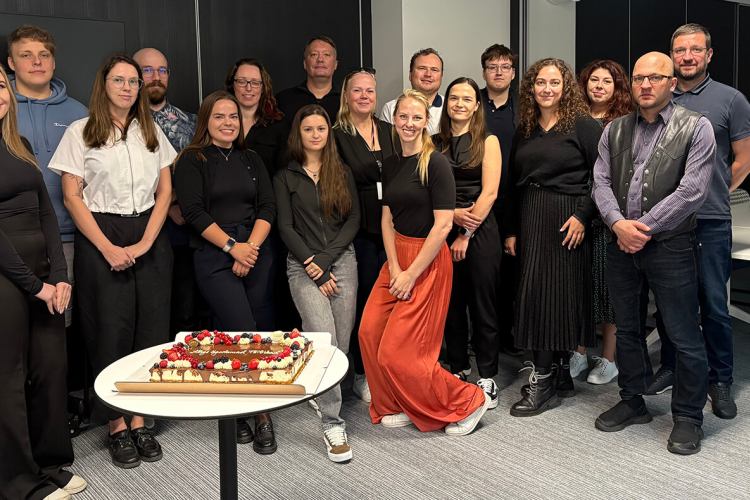The STAR project story: How a needs assessment solution was created to connect people, processes and technology
The digital solution used in the Registry for Social Services and Benefits (STAR) helps local governments assess adults’ needs for assistance more easily and provide the right support more swiftly. The development of the tool was successful because the project consistently emphasized ease of use and close cooperation between all parties involved.
Imagine 85-year-old Aleksander, who lives alone. He is generally content and has always managed on his own, but over the past year, it has become increasingly difficult for him to go grocery shopping. His apartment is on the third floor and his legs are no longer as strong as they used to be.
He doesn’t want to burden his children with his worries, as they live far away. One day, Aleksander hears from his neighbor that the local government helped him with a similar issue and arranged for a helper to bring him groceries once a week. Aleksander finally decides to call the local government to ask for help.
At the local government office, Aleksander speaks with a social worker, Anna, who listens to his concerns and schedules a home visit. During the visit, Anna assesses Aleksander’s needs and realizes that, in addition to grocery shopping, he also needs help keeping his home tidy because his back problems make bending or standing for long periods difficult.
Together they conclude that Aleksander would benefit most from having a home care worker who could both bring him food and assist with household chores.
For local governments to provide appropriate support that helps residents live full and independent lives, they must first map the specific needs of each person who might require assistance from the local government. There are 79 local governments in Estonia, all of which assess adults’ needs for assistance daily.
Until now, these assessments were done using different forms and tools. Now, however, local governments can use a standardized assessment tool in STAR, which speeds up the process of connecting people with the right help and ensures that the initial assessment of needs is consistent across regions.
Key changes
One of the most significant changes in the new assessment tool is the adoption of the International Classification of Functioning, Disability and Health (ICF) into the assessment process.
This was developed, among other things, based on an earlier analysis carried out by Praxis. Incorporating the ICF into the needs assessment was an important step, as the same classification is already used in Estonia to determine disability severity, assess work ability, and in occupational and social rehabilitation.
Another major improvement is that the tool is now connected to several national databases. This allows social workers to access relevant information about a person’s situation more quickly and conveniently, meaning the person seeking help no longer has to share the same information repeatedly with different institutions.
For example, the system can retrieve data about a person’s work ability, employment status, disability severity, and received benefits. It also makes it easier to exchange information with other organizations involved in providing assistance, such as the Unemployment Insurance Fund.
Ease of use as a core principle in software development
Ease of use was a guiding principle throughout development. The social worker conducts an interview with the person seeking assistance to identify their needs while filling in a questionnaire simultaneously.
Users had previously noted that such interviews often flow naturally between topics, so it was important for the tool to allow quick navigation between different life areas and questions. Previously entered information also needed to remain intact when moving between sections.
Special attention was therefore given to ensuring smooth navigation during design and development – every answer is saved immediately after being entered.
Screenshot from the STAR2 development environment.
Another improvement that enhanced usability was the structure and wording of the questions. All main questions in each life area follow the same logic: the social worker first asks whether the person is doing well in that area.
If the answer is “Yes,” the assessment moves to the next main question. If the answer is “No,” follow-up questions are asked to clarify the issue. The questions were designed to be as clear and unambiguous as possible.
On behalf of Trinidad Wiseman, analysts, user experience designers, front-end developers, testers, and a project manager all contributed to creating a reliable and user-friendly application that supports social workers in their daily work.
Collaboration and open communication led to project success
The success of the project stemmed from strong collaboration since the very beginning. Communication was prioritized both within the development team as well as between the client and development partners.
End users – representatives of local governments and specialists from the Social Insurance Board – were also actively involved throughout the project. They were invited to participate in meetings, user tests, and ongoing discussions, providing valuable feedback that was continuously incorporated into development.
In software projects, effective communication and fast information flow are crucial, as they help prevent issues or allow them to be resolved quickly.
Therefore we prioritized open and efficient communication in this project as well – from daily development team briefings and weekly in-depth analysis meetings with the client to retrospectives and planning sessions at the end of each sprint. Additionally, daily communication took place in Microsoft Teams, allowing quick responses to current questions. This ensured that all parties stayed aligned and that no important information was lost.
Aika Kaukver, product owner in the development and finance department of the Social Insurance Board, highlights the thoroughness and smooth collaboration with Trinidad Wiseman and TripleDev:
“The development partner explored the topic of needs assessment very thoroughly and mastered even the finer nuances of the ICF framework. Thanks to this, they were an excellent partner for the business client, asking constructive questions and offering solutions that delivered the greatest value to end users.
Both during the analysis and design phases, as well as throughout development, information was exchanged quickly, and any bottlenecks were discussed together. As a result, at the end of each sprint, we could once again celebrate excellent teamwork.”
This project demonstrated that technology is only one part of digital transformation – true success comes from collaboration and thoughtful change management.
STAR project team.
Further developments
The new adult needs assessment tool has been available to users in the STAR application starting in October 2024. However, the work does not end there – development of the tool and its functionalities will continue in Phase 2 to provide users with even more useful features.
At the same time, a tool for assessing children’s needs for assistance is being developed in parallel. Starting in September 2025, a case management tool is also available in STAR, which will continue to be enhanced. These developments will be covered in future blog posts.
The first phase of the project “Assessment of adults’ need for assistance” was developed in cooperation between the Social Insurance Board (SKA), the Health and Welfare Information Systems Centre (TEHIK), and development partners TripleDev OÜ and Trinidad Wiseman OÜ. Representatives of local governments were also involved in the development process. The project was funded from external sources through the budget of the Ministry of Social Affairs (MoSA) under the measure “Conditions for granting support for activities of the implementing agency.”
At Trinidad Wiseman, we have developed many other solutions where user-centric design and collaboration play a central role. Explore our projects, learn more about our analysis, design, and software development services and contact us if you’d like to discuss your own project.
